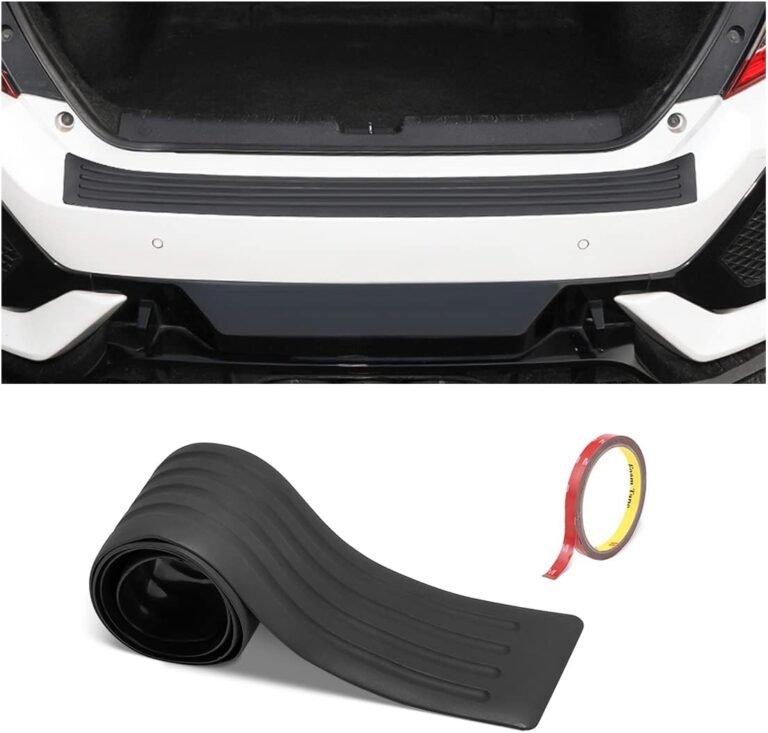Historias de éxito en la reducción de gasto en combustible

In an increasingly sustainability-conscious world and in the face of climate change, initiatives for fuel cost reduction have gained unprecedented relevance. Many companies and governments have adopted innovative technologies, such as biofuels and electric vehicles, managing not only to save costs but also to contribute to a cleaner future. Through various strategies, from telecommuting to the regular maintenance of vehicles, remarkable results have been achieved. These success stories highlight how the combination of economic and environmental responsibility can transform the way we use energy resources.
The search for effective strategies to reduce fuel costs has become a crucial aspect for both businesses and individuals. Through technological innovations, governmental policies, and changes in everyday habits, inspiring stories have emerged that show how it is possible to minimize costs related to energy consumption. This article explores various initiatives and their impact on energy efficiency and the environment.
Technological innovations in biofuels
Biofuels have emerged as a viable alternative to mitigate fossil energy consumption. Companies like Stellantis have incorporated diesel engines that can use HVO biodiesel, thus achieving a significant reduction in emissions without compromising vehicle safety. This transition to biofuels not only favors energy savings but also promotes sustainable development in the automotive sector, demonstrating how innovation can revolutionize transportation.
The impact of telecommuting on fuel consumption
The pandemic has accelerated the adoption of telecommuting, leading to a notable decrease in fuel expenses for many companies and workers. By reducing daily commutes, gasoline expenses have been drastically cut, resulting in significant savings both for individuals and in terms of emission reduction of pollutants. This practice benefits not only the worker but also represents a step towards a more sustainable lifestyle.
Government initiatives and their role in cost reduction
Government efforts often standardize energy-saving practices. For example, some countries have begun implementing programs that encourage the use of renewable energy and energy efficiency in transportation. Measures such as reducing subsidies for electric vehicles in France highlight the importance of subsidizing actions that promote sustainability, assisting businesses and citizens in adopting cleaner technologies.
Successes in the use of electric vehicles
The advancement of electric vehicles has marked a milestone in energy savings. Companies like Hyundai and Tesla have stood out for reducing manufacturing costs and promoting models that allow substantial savings compared to internal combustion vehicles. Users report savings of up to 960,000 colones annually, underscoring the economic viability of opting for sustainable transportation options.
Regular maintenance as key to efficiency
Proper vehicle maintenance is essential to maximize energy efficiency. Small actions like keeping tires properly inflated, performing regular oil changes, and ensuring correct alignment can prevent unnecessary fuel expenses. This practice, although often underestimated, has a direct impact on consumption and the user’s economy.
Efficient driving strategies
Driving style also plays a critical role in reducing fuel expenses. Encouraging habits like maintaining a constant speed, avoiding sudden braking, and using efficient navigation systems to select the shortest routes can considerably decrease energy consumption. Educational and awareness initiatives aimed at drivers have shown promising results, helping to create a cultural shift towards responsible driving.
The role of the sharing economy
The sharing economy has consolidated itself as an effective tool to optimize resources and reduce fuel expenses. Platforms that promote carpooling are proliferating, allowing users to share rides and associated costs. By facilitating vehicle sharing, these initiatives not only benefit users economically but also have a positive effect on reducing traffic and emissions.
Use of smart technologies
The integration of smart technologies in transportation, such as apps for locating cheaper fuel, has allowed users to optimize their costs. These technological tools not only provide useful information but also promote a decrease in consumption through better route planning and expense management.
The influence of maintenance on environmental sustainability
The relationship between vehicle maintenance and environmental pollution is undeniable. Companies that invest in optimizing their fleet through regular maintenance not only save on fuel but also contribute to the health of the environment. Benefits in terms of emission reduction and more efficient use of resources are just some of the advantages that come from this responsible practice.
Future implications of sustainable mobility
As the world moves towards a more sustainable future, success stories in fuel cost reduction will continue to emerge. Investments in sustainable infrastructure, education on energy efficiency, and technological innovation will play a vital role in creating an environment where mobility is synonymous with economy and sustainability. In this pursuit, each of us has a role to play in the transition towards responsible fuel consumption.
The reduction of fuel costs has become a priority for both companies and individuals, driven by the need to be more sustainable and optimize costs. Various government initiatives have emerged to promote the use of renewable energy and the implementation of advanced technologies, which have allowed for the creation of electric vehicles and biofuel alternatives that offer much more efficient consumption. This transformation has not only benefited the economy but has also positively impacted the environment by reducing pollutant emissions.
A notable example is the development of a six-winged airplane that promises to reduce fuel consumption by 70%, thus revolutionizing air transport. Likewise, in the land transportation sector, companies like Stellantis have transitioned to engines that use biodiesel, which has presented new challenges and opportunities in the reduction of emissions without compromising vehicle safety.
The implementation of telecommuting has also proven to be an effective method in decreasing expenses, reducing the need for daily transportation and, consequently, fuel consumption. Companies that have adopted energy efficiency measures have reported a significant decrease in their operating costs and have achieved more sustainable implementations.
On the other hand, efficient driving practices and regular vehicle maintenance are critical factors that can lead to significant optimization of expenses. Making simple changes, such as keeping tires properly inflated or using applications that help find the cheapest fuel, can make a difference in a vehicle’s performance and its impact on family finances.






